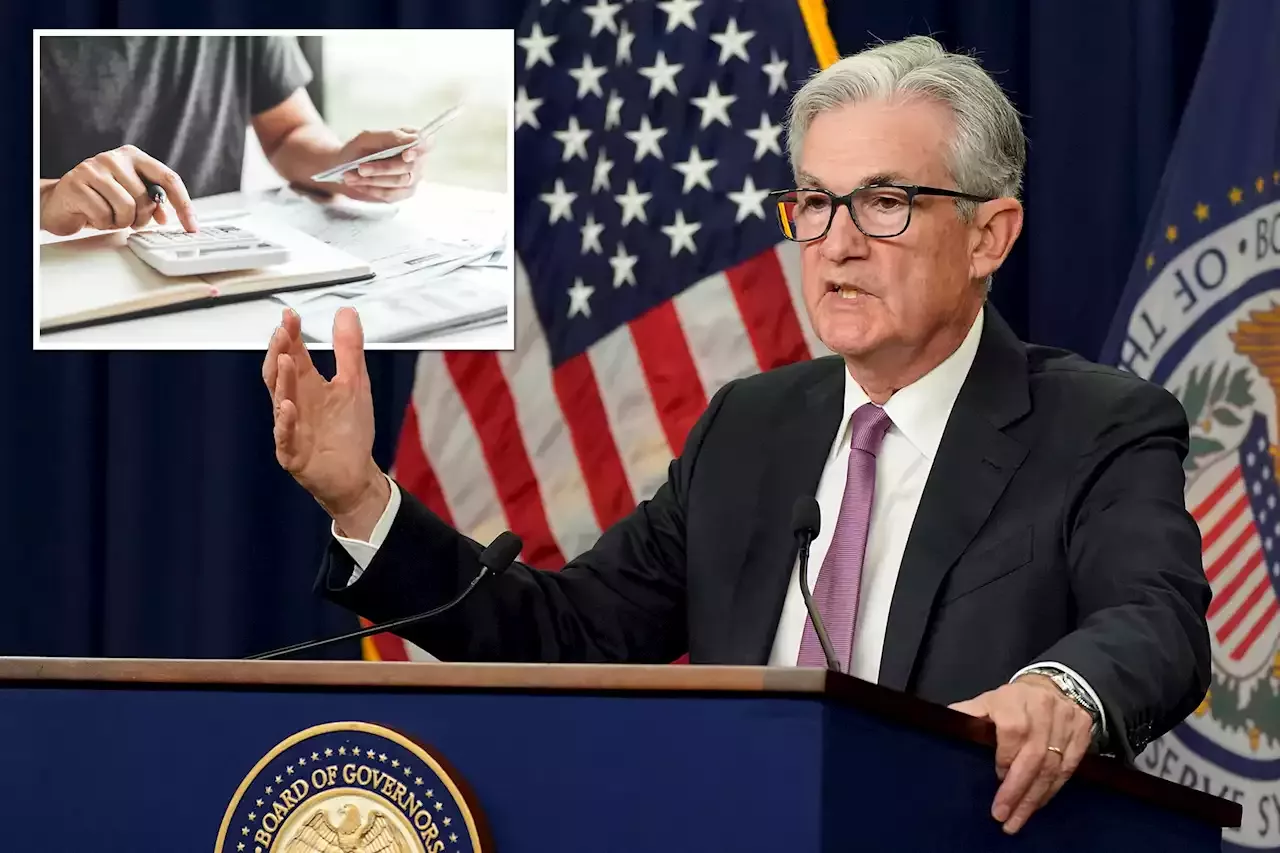The Fed hiked its benchmark interest rate by 0.75% on Wednesday for the third consecutive month. By raising interest rates, the Fed is making it more expensive to borrow money – aFed interest rate hikes reverberate through the US economy, impacting credit card interest rates, auto loans, savings accounts and hampering the buying power of ordinary Americans.
“As many learned during the pandemic, nothing helps bridge a period of income disruption like having money tucked away for a rainy day,” McBride said. “Now is the time to be boosting that emergency savings to put you on more solid footing for whatever may lie ahead for the economy.” Higher borrowing costs add to the pain for Americans during a period of high inflation. Prices ran at a hotter-than-expected 8.3% in August, with food and shelter costs hovering at their highest level in decades even as gas prices declined from record highs.
The housing market is a more troubling proposition. Prospective buyers are facing the dual crunch of higher mortgage rates and still-high listing prices, while would-be sellers are confronting dwindling demand and the need to secure their own new mortgage when rates are at a 14-year high. While cash savings are an important element of preparations, experts stressed that Americans shouldn’t lose sight of their long-term savings plans just because the market is struggling.
Business Business Latest News, Business Business Headlines
Similar News:You can also read news stories similar to this one that we have collected from other news sources.
 Why stock-market investors fear a full percentage point Fed rate hike would 'unnerve' Wall StreetSome on Wall Street believe investors are underestimating the possibility that the Fed might deliver a surprise 100 basis-point interest rate hike at the... Don't give a DAMN about unnerving markets. Have to get Biden inflation under control yesterday
Why stock-market investors fear a full percentage point Fed rate hike would 'unnerve' Wall StreetSome on Wall Street believe investors are underestimating the possibility that the Fed might deliver a surprise 100 basis-point interest rate hike at the... Don't give a DAMN about unnerving markets. Have to get Biden inflation under control yesterday
Read more »
